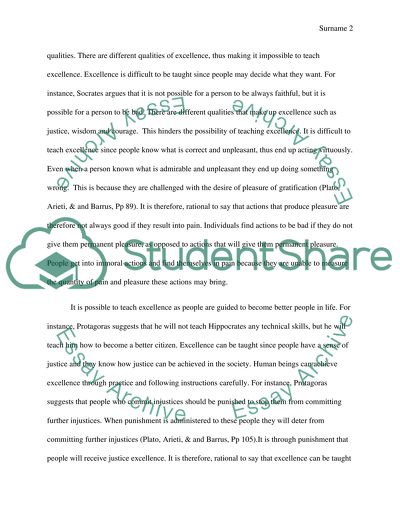Cite this document
(“Protagoras and Democracy: Arete Essay Example | Topics and Well Written Essays - 1750 words”, n.d.)
Retrieved from https://studentshare.org/philosophy/1447824-protagoras-and-democracy-arete
Retrieved from https://studentshare.org/philosophy/1447824-protagoras-and-democracy-arete
(Protagoras and Democracy: Arete Essay Example | Topics and Well Written Essays - 1750 Words)
https://studentshare.org/philosophy/1447824-protagoras-and-democracy-arete.
https://studentshare.org/philosophy/1447824-protagoras-and-democracy-arete.
“Protagoras and Democracy: Arete Essay Example | Topics and Well Written Essays - 1750 Words”, n.d. https://studentshare.org/philosophy/1447824-protagoras-and-democracy-arete.


